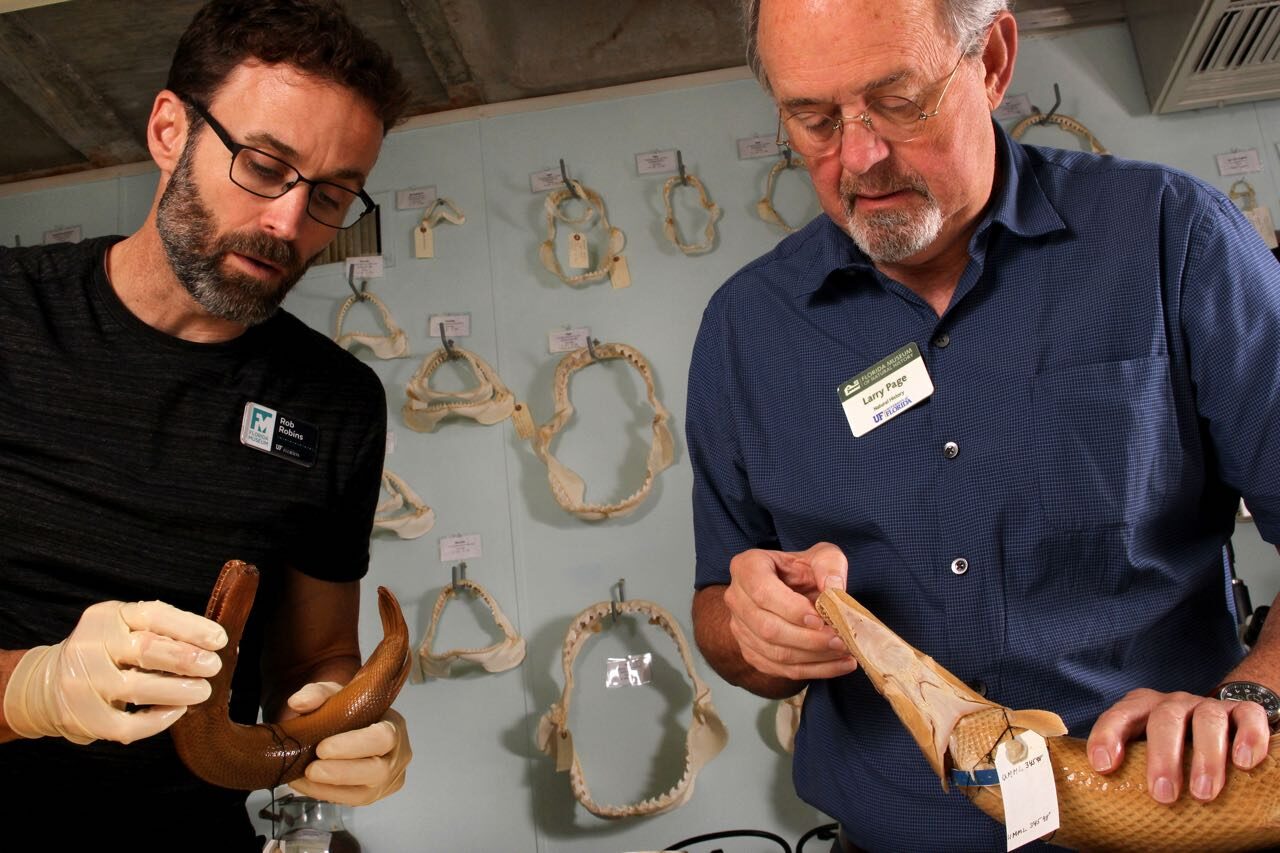In early November, lawmakers approved a plan to raise federal budget caps that have been limiting federal spending for three years. The Bipartisan Budget Act of 2015, the last legislative achievement of former House Speaker John Boehner (R-OH), passed the House of Representatives with the support of all Democrats and 79 Republicans. The Senate approved the legislation with a vote of 64 to 35; all of the dissenting votes were cast by Republican Senators.
The measure will have a large impact on non-defense discretionary spending in the next two years. It eliminates 90 percent of budget cuts that would have occurred in fiscal year 2016 as a result of sequestration; in 2017, 60 percent of cuts will be avoided.
In total, the bill will provide Congress and the President with the authority to allocate an additional $80 billion over two years. The increased authorizations will be equally divided between defense and non-defense programs. The funding will be frontloaded in 2016 as compared to 2017, with an additional $25 billion going to non-defense programs this year and an additional $15 billion in 2017. The deal does not address sequestration in 2018 or beyond.
The new deal is not a guarantee that funding will be increased for research programs, but it provides Congress with greater flexibility to fund national priorities.
The House and Senate are now working to update allocations for the 12 spending bills that collectively fund the federal government. Work on fiscal year 2016 appropriations must be completed by 11 December, when the current funding bill expires.

